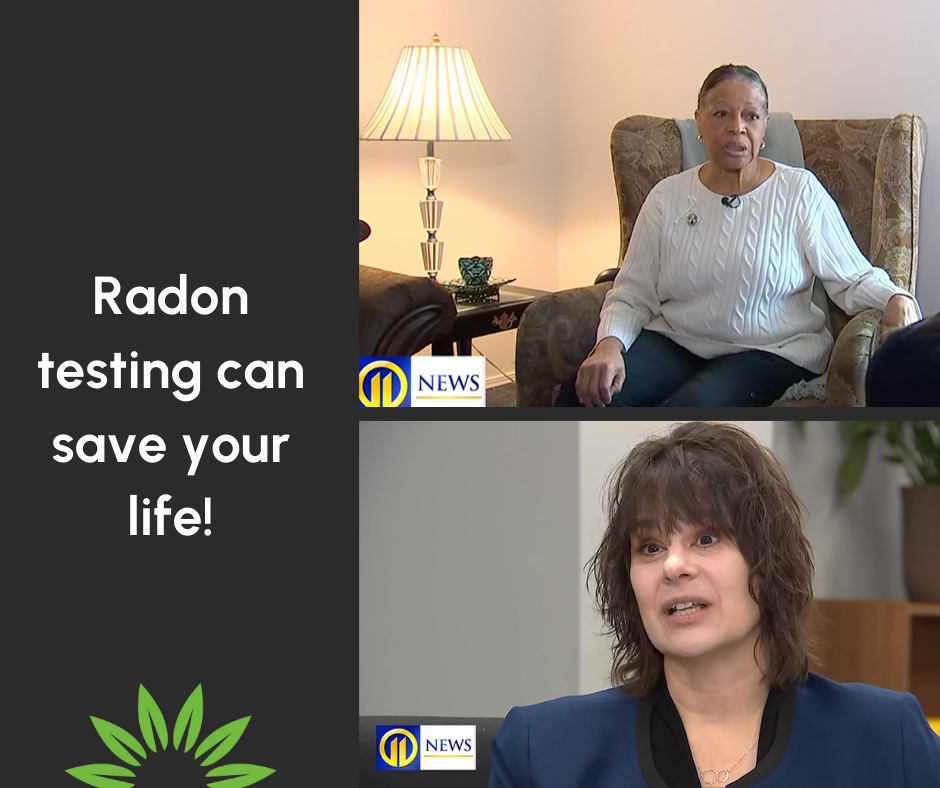FOR IMMEDIATE RELEASE
Contact: Dolores Parker
Email: dolores@WomenForaHealthyEnvironment.org
Phone: 941-735-2547
Jessica Gupta Jones
Email: Jessica.Gupta@Pennmedicine.upenn.edu
Phone: 215-573-7633
Women For A Healthy Environment (WHE) and Philadelphia Regional Center for Children’s Environmental Health Announce Findings of Pilot Project on Shade Structures in Childcare Settings
Philadelphia, PA – July 1, 2024 — Women For A Healthy Environment (WHE), today released the findings of its 2024 Shade Study, a pilot project investigating the impact of shade structures on outdoor play in childcare settings within 4 Philadelphia environmental justice neighborhoods. The research was funded by a grant from the Philadelphia Regional Center for Children’s Environmental Health (PRCCEH), a joint program of the University of Pennsylvania and the Children’s Hospital of Philadelphia.
“Our research highlights the critical role that shade structures play in promoting safe and enjoyable outdoor play for children in heat-exposed communities,” said Lorna Rosenberg, co-lead researcher on the project. “As climate change exacerbates heat disparities, these structures offer a simple yet effective solution to guard against overheating of children and staff during the summer months.”
The study, which focused on childcare facilities within the communities of Hunting Park, Strawberry Mansion, Cobbs Creek, and Point Breeze, provided shade structures and thermometers to participating centers. The findings revealed a range of positive outcomes, with some centers experiencing significant increases in outdoor playtime.
“Center 1, for example, saw a remarkable 54-minute increase in playtime thanks to the shade structure,” noted Randy Persaud, co-author of the study. “This demonstrates the potential for shade to create a more inviting and comfortable outdoor environment for children and staff.”
The study also found that shade structures led to an average reduction of 6 degrees Fahrenheit decrease in outdoor temperatures across all participating centers. This temperature decrease, coupled with an average playtime increase of 14 minutes, underscores the importance of shade in promoting safe and healthy outdoor play during hot weather.
“The Philadelphia Regional Center for Children’s Environmental Health is pleased to support important research like this on mitigating climate change impacts on children,” said Dr. Marilyn Howarth, Deputy Director of PRCCEH. “The findings provide valuable evidence for the positive impact of shade structures, providing a cooler location to play for children who might otherwise have no shaded play area and miss out on the opportunity for outdoor play.”
“The data from this pilot project is critical,” said Michelle Naccarati-Chapkis, Executive Director of WHE. “It informs our advocacy efforts and future research initiatives aimed at creating equitable and health-promoting outdoor spaces for children in vulnerable communities.”
Recommendations
Based on the findings of the Shade Study, WHE recommends the following actions to ensure safe and enjoyable outdoor play for children in all communities:
Install shade structures early in the spring to maximize their use throughout the summer months.
- Integrate the addition of shade structures into urban tree cover projects to provide immediate relief from excessive temperatures, especially for young children in environmental justice neighborhoods.
- Regularly monitor outdoor air quality using resources like AirNow.Gov to know the safety of outdoor air quality and tailor outdoor play for children based on it.
- Use surface temperature thermometers to record outdoor concrete temperatures and adjust play schedules accordingly.
- When childcare schedules allow, schedule outdoor playtime for cooler times of the day.
- Encourage children to wear sun-protective clothing and accessories like hats and sunglasses.
- Apply sunscreen with an SPF of 30 or higher to children before they go outdoors.
- Ensure children stay hydrated by providing them with access to water throughout the day.
###
About Women For A Healthy Environment
WHE is a non-profit organization that empowers underserved communities to build resilience,
promote equity, and safeguard children from environmental health hazards. We collaborate
with families, schools, and early learning centers to create healthy environments where
children can flourish. Guided by science, they advocate for policies and programs that foster
equitable lives free from environmental harms.
About Philadelphia Regional Center for Children’s Environmental Health
The Philadelphia Regional Center for Children’s Environmental Health is dedicated to
developing and implementing effective strategies to bring children’s environmental health
research to the community, policy-making and healthcare. Our five primary research and
translational areas are Asthma prevention, Lead exposure and harm reduction, Air pollution,
Endocrine disrupting chemicals and Climate change. We strive to improve the health and
wellness of children across the country, by first starting in our own backyard: Philadelphia and
the surrounding region. The Center was founded by the University of Pennsylvania and the
Children’s Hospital of Philadelphia, and is one of six Children’s Environmental Health
Research and Translation Centers funded through the National Institute of Environmental
Health Sciences. Visit us at https://prcceh.upenn.edu/.





